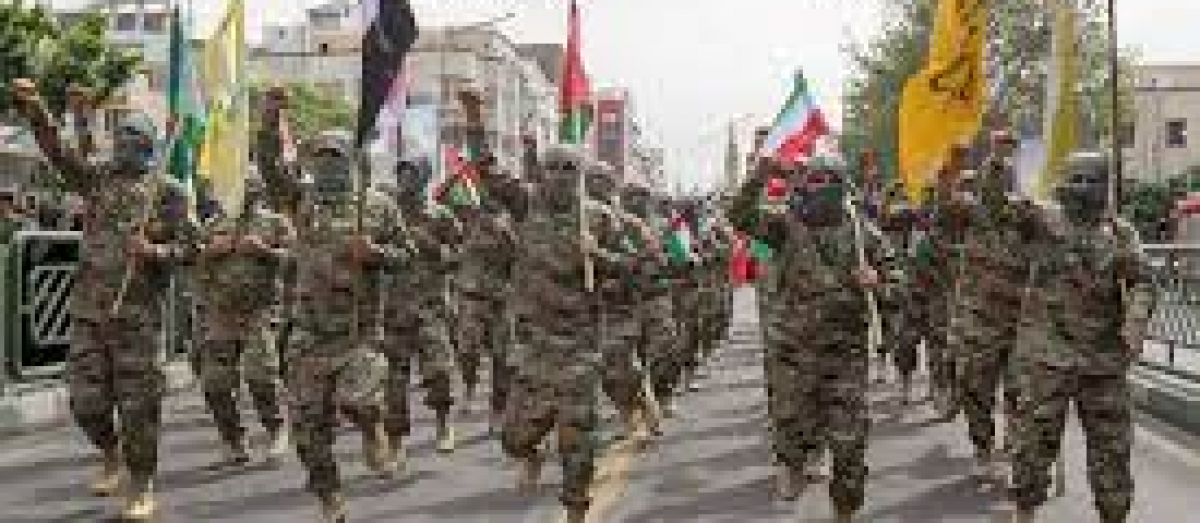
Maybe… I spoke about this potential on the day of the Houthi first Houthi attack.
Saudi Arabia is engaged in conflict in Yemen against the Houthi Rebels. Should Saudi Arabia escalate their war against the Houthis in response to attacks on Israel and ships in the Red Sea, Saudi Arabia will be viewed as fighting to defend Israel. That will not sit well, to say the least, with Israel’s enemies in the region.
The conflict in Yemen revolves around the Houthi rebels, a Shiite Muslim group, and their opposition to the Yemeni government. The Houthi rebels, backed by Iran, have been engaged in a protracted conflict with the Yemeni government, which is supported by a coalition led by Saudi Arabia and the United Arab Emirates. This proxy war has escalated into a complex and devastating humanitarian crisis, with regional powers using Yemen as a battleground for their broader geopolitical interests. The Saudi-led coalition, with support from Western nations, aims to prevent Iranian influence from spreading in the region, viewing the Houthi rebels as a proxy for Iranian interests. On the other hand, the Houthi rebels seek greater autonomy and representation in Yemen, alleging marginalization by the central government. The civilian population has borne the brunt of this conflict, facing widespread displacement, famine, and a dire humanitarian situation.
Arab Peace Initiative (API):
The Arab Peace Initiative is a proposal by the Arab League, led by Saudi Arabia, for a comprehensive resolution of the Arab-Israeli conflict. It offers Israel full normalization of diplomatic and economic relations with Arab states in exchange for Israel’s withdrawal from the territories it occupied in the 1967 Six-Day War, including East Jerusalem, and the establishment of a Palestinian state with East Jerusalem as its capital. The initiative also calls for a just solution to the issue of Palestinian refugees.
Saudi Arabia and Israel:
While Saudi Arabia has not officially normalized relations with Israel, there have been reports of behind-the-scenes diplomatic contacts and shared concerns between the two countries, particularly regarding their perceived common adversary, Iran. However, Saudi Arabia has emphasized that any normalization would be contingent on the resolution of the Israeli-Palestinian conflict based on the principles outlined in the Arab Peace Initiative.
The Abraham Accords, which normalized relations between Israel and the UAE and Bahrain in 2020, marked a significant departure from the traditional Arab stance. While Saudi Arabia did not immediately follow suit, the normalization agreements could potentially influence the broader regional context.
It’s important to note that the situation in the Middle East is complex and subject to change. For the latest developments in Saudi-Israeli relations and the Arab Peace Initiative, it is advisable to consult more recent and reliable sources.

